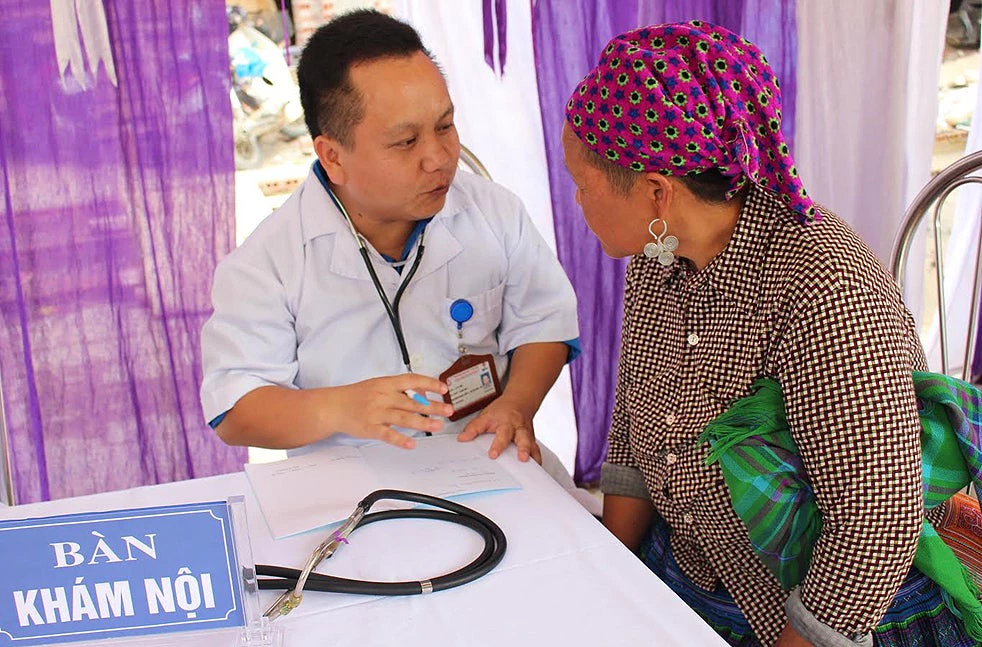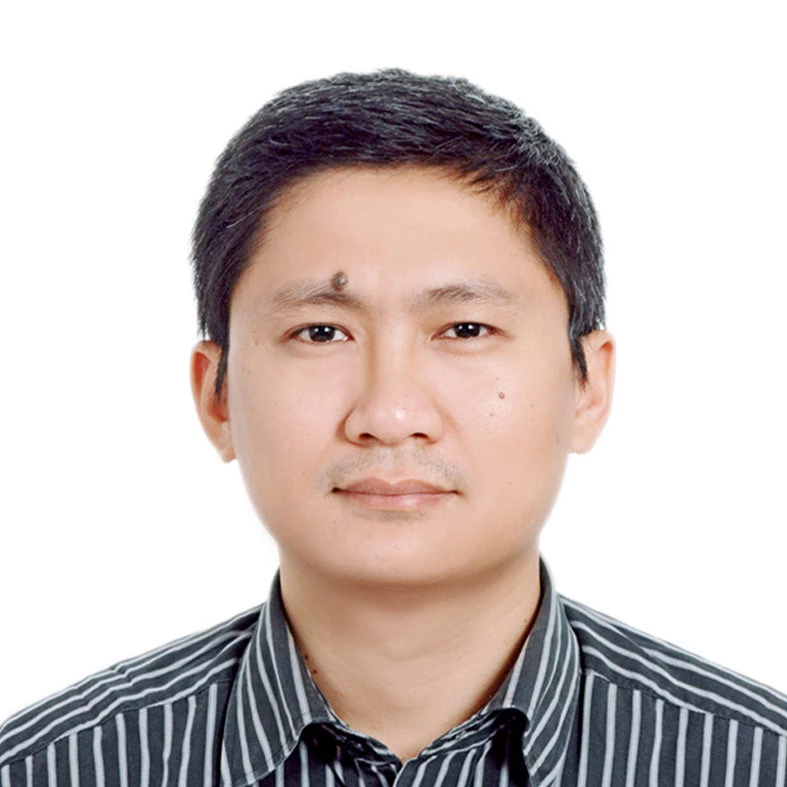
In 1977, when I was born, I weighed just 2.5 kg (5.5 pounds)—as underweight as the 100,000 babies born in the postwar period. In a time of economic hardship, Vietnam’s health system struggled. Among my family members, an uncle died of tuberculosis at the age of 40. My grandfather, a traditional healer, could not save his son’s life with medicinal herbs, and physicians and drugs were not available at the commune level. My parents migrated from the countryside to a city so that their children could access better education and health systems.
In 1997, at the age of 20, I studied primary healthcare at a rural commune health station with my medical classmates . Professors told us that we were the first generation of Vietnamese physicians to be trained with a focus on primary healthcare. At that stage, Vietnam had less than five physicians per 10,000 people, and more than 75% of communes had no doctors. Few medical school graduates chose jobs at the grass-roots level, making understaffing a persistent challenge.
In 2017, now at 40 years old, I realize human resources are the major obstacle in Vietnam’s path towards universal healthcare. The country has eight physicians per 10,000 people, but the majority is concentrated in urban areas where only 35% of the population lives. In the 62 poorest districts, the local healthcare network lacks 600 physicians, and more than 30% of communes are without a physician. At commune health stations, existing health professionals cannot provide basic primary healthcare services such as early detection of risk factors and management of common non-communicable diseases (hypertension, diabetes, cancers, etc.). As a result, patients with common diseases often bypass local clinics and go directly to higher levels of care, making central and provincial hospitals overcrowded. Many health schools, however, are still guiding future health professionals to careers in specialized inpatient care by maintaining a hospital-based curriculum.
Today I am so excited to join colleagues from the Ministry of Health’s Department of Organization and Manpower in bringing in more qualified physicians to serve the people in the most disadvantaged areas. Through the “Young Volunteer Physicians” initiative, we expect to staff the district health system in the 62 poorest districts with at least 300 well-trained physicians. These young volunteers will work in disadvantaged areas for 2-3 years after completing specialized training courses, under an employment contract with a central or provincial health facility. This initiative also promotes social accountability among health professionals.
This is a great opportunity to work with professors to improve the quality of the primary healthcare workforce. The “Health Professionals Education and Training for Health System Reforms” project managed by the Ministry of Health, supported by the World Bank and the European Union, is supporting medical and nursing schools to deploy competency-based education programs. The Ministry of Health’s Administration of Science-Technology and Training recently launched family medicine training programs, which are competency-based, team-based, and includes on-the-job training at workplaces for primary healthcare teams at the local level. We expect 1,000 primary healthcare teams working at commune health stations will have improved competencies and working environments, enabling them to provide integrated, comprehensive and continuing services for people in 15 provinces, mostly poor provinces in the Northern Uplands and Central Highlands.
In 2037, when I turn sixty, I would like to use local health services near my home. I hope my family and I can receive integrated, comprehensive and continuing care from the health professionals that we are investing in today. An effective universal healthcare coverage not bound by geographic distance and economic condition used to be the dream of previous generations. Our generation can overcome the human resources bottleneck to make that dream come true.


Join the Conversation